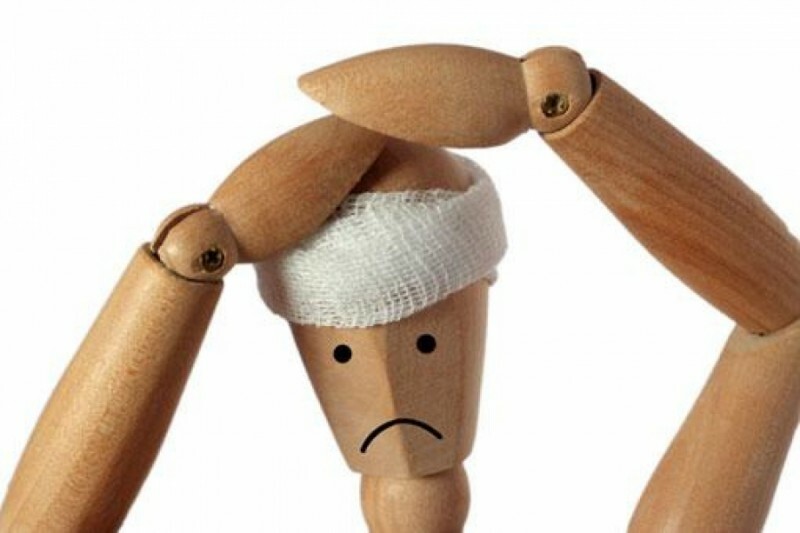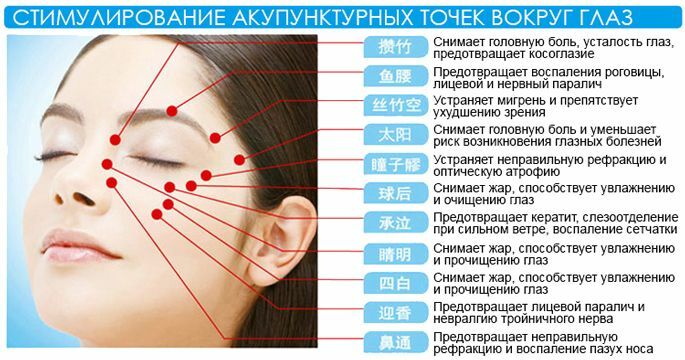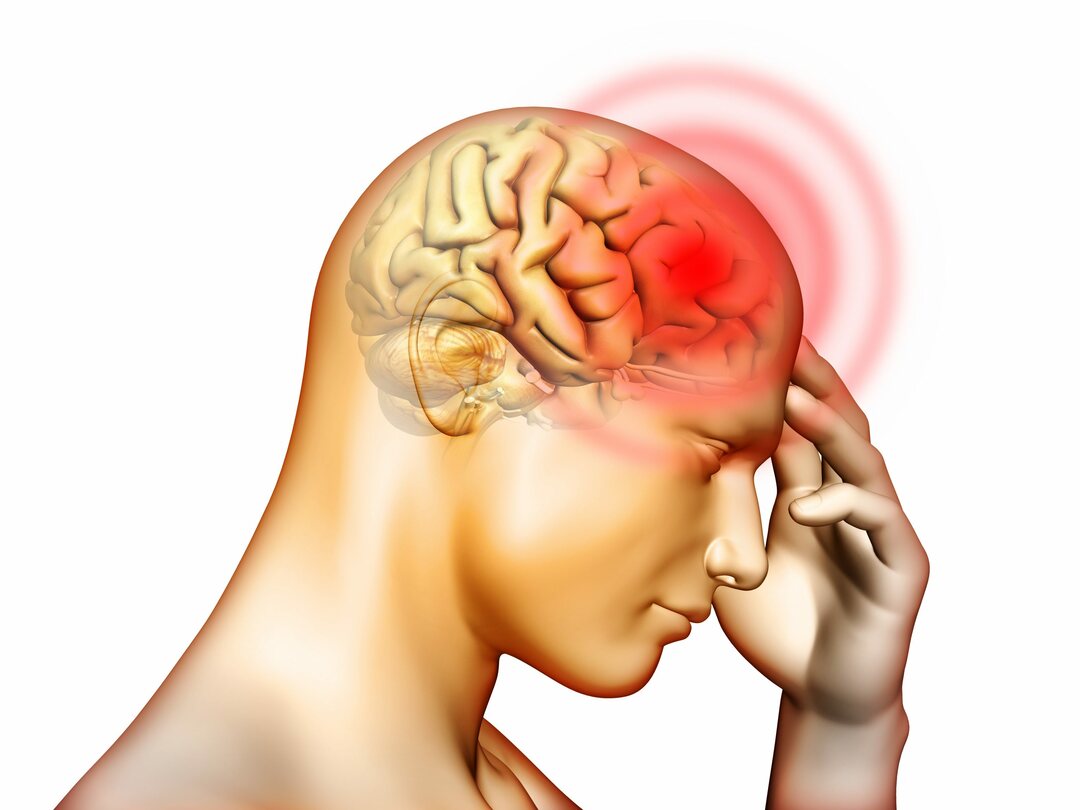Headache
 Cephalgia is the most common symptom of various diseases, which is localized from the level of the eye orbits to the suboccipital region. Facial pains, with a broader view of cephalalgia, are also included in this concept. This manifestation, as a rule, is related to the venous sinuses, the arteries of the cerebral circulation and the basal parts of the hard shell of the heads. Brain. Painful receptors are saturated with all scalp tissues
Cephalgia is the most common symptom of various diseases, which is localized from the level of the eye orbits to the suboccipital region. Facial pains, with a broader view of cephalalgia, are also included in this concept. This manifestation, as a rule, is related to the venous sinuses, the arteries of the cerebral circulation and the basal parts of the hard shell of the heads. Brain. Painful receptors are saturated with all scalp tissues
Causes of headache
In the overwhelming majority of cases, the headache has a vascular origin and arises from overfilling with blood vessels, stretching of blood vessels with pulsatile blood volume, and as a result of volumetric process with vascular tension.
With excessive stretching of the vessels, there are synchronous with the pulse, rhythmic blunt "blows in the head".In the event that the problem with the vessels occurs only in one vascular zone - the pulsating pain manifests only at a certain place of the head and usually stops when the artery is squeezed.
Pulsating headache occurs in the case of excessive stretching of the walls of blood vessels. Such pains occur in people with arterial hypotension, with migraine, with crises in people with vegeto - vascular dystonia and due to a number of other conditions of the body.
With the development of an extreme degree of arterial hypotension, the vascular wall swells and its permeability is disturbed, as a result of which the pain ceases to be pulsating, becoming oppressive, blunt, bursting and bursting( this transformation can be observed as the migraine develops).
Venous headache is caused by the stretching of the intracranial veins, due to their excessive blood filling, which is due to insufficient vein tone in such diseases as infectious - allergic vasculitis, vegeto - vascular dystonia, etc. There is dull bursting pain( localized mainly in the occiput) andA feeling of heaviness in the head. Venous cephalgia can be strengthened during straining( constipation , heavy physical work), with prolonged work with low head, with tightly tight tie and wearing shirts with a tight collar, with increased intrathoracic pressure. Also, long-term hypotension of the veins is characterized by such signs as swelling of the mucous membranes of the pharynx and nose, enlarged veins on the fundus, pastiness and swelling of the eyelids and soft tissues of the face( in the morning these signs are most noticeable).
Also, the headache can occur when the composition of the blood changes( its viscosity increases, platelets tend to aggregate, red blood cells lose elasticity, etc.).As a result, intracranial blood supply increases, leading to tissue hypoxia. This type of cephalalgia is characterized by a different intensity of dull pain, drowsiness, lethargy, weight( ringing, noise) in the head. Blood changes occur in many diseases: atherosclerosis, hypertension, blood diseases, diseases of internal organs.
The most common cause of persistent headache is psychogenic psychosis. Constant pain, not passing for several years, often indicates a depressive condition. About 50% of the pain in the face area is also said about depression.
With neuralgia of a three-genital origin, hypertension, or with ordinary migraine, diagnosing cephalgia is not particularly difficult. In other cases, careful monitoring is necessary. The analysis of the condition of the fundus and the indices of arterial pressure are very significant in the diagnosis of this condition. Echoencephalography is one of the main methods of diagnosis. In cases of prolonged or intense headaches, cerebrospinal fluid, craniographic examination and computed tomography are performed.
. Treatment of headache
. Due to the fact that serious headaches may be caused by minor deviations, with cephalgia lasting more than 24 hours, A doctor who, after carrying out the necessary comprehensive examination, will prescribe an adequate treatment that will directly depend on the prranks, caused this condition.



